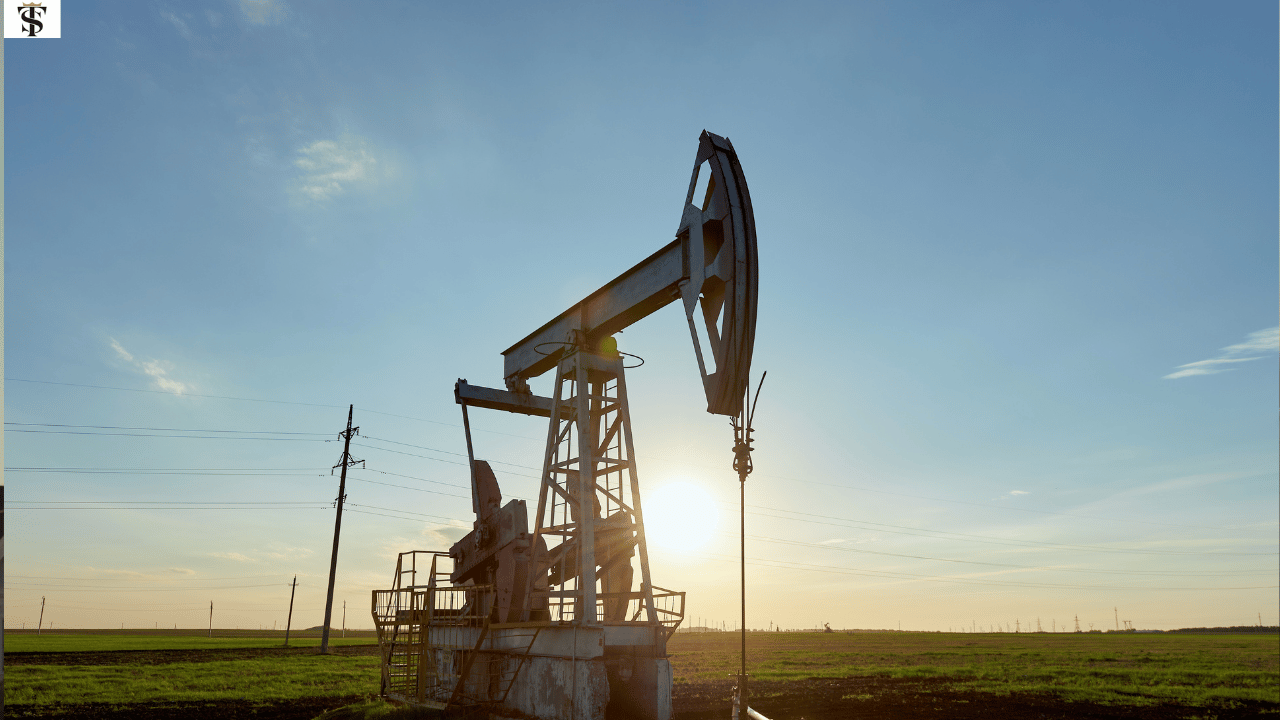Oil Prices Hit $80 Per Barrel as Sanctions on Russia Rattle Global Markets
In a dramatic turn for global energy markets, oil prices have surged to $80 per barrel, driven by escalating sanctions on Russia that have heightened fears of supply disruptions. The Brent crude benchmark climbed 3% to reach $80.10 a barrel, while West Texas Intermediate (WTI) saw a similar rise, settling at $75.65.
Sanctions Tighten Global Supplies
The spike follows sweeping measures imposed by the European Union and its allies targeting Russian oil exports. The new sanctions include a ban on seaborne crude shipments to Western markets and a price cap intended to limit revenue to Moscow. These measures, coupled with existing restrictions, have intensified concerns about a global supply crunch.
Russia, one of the world’s largest oil producers, has threatened to cut output further in retaliation against these sanctions. Analysts warn that such moves could exacerbate an already tight supply scenario. “The market is grappling with significant uncertainty as Russian exports dwindle,” said a senior analyst at EnergyWatch Research. “This comes at a time when global inventories are already low, leaving little room for error.”
Demand Resilience Adds Pressure
Compounding the supply-side challenges is robust demand from major economies. Data from the U.S. and China—the world’s two largest oil consumers—suggest continued economic resilience. Recent reports indicate a surge in U.S. refinery activity, with utilization rates nearing record highs. Meanwhile, China’s reopening after prolonged COVID-19 lockdowns has fueled a sharp recovery in industrial and transportation fuel demand.
Market Volatility Ahead
The confluence of supply constraints and steady demand has injected fresh volatility into oil markets. Investors are bracing for potential price swings as geopolitical tensions remain high.
The U.S. has vowed to enforce sanctions vigorously, with Treasury Secretary Janet Yellen emphasizing the need to “hold Russia accountable for its actions.” However, concerns are mounting over how these measures could affect allied nations reliant on energy imports.
Meanwhile, the Organization of the Petroleum Exporting Countries (OPEC) and its allies, collectively known as OPEC+, are monitoring the situation closely. Market watchers expect the group to announce further production adjustments if prices remain elevated.
Broader Economic Implications
The ripple effects of rising oil prices are likely to extend beyond energy markets, impacting inflation and global economic growth. Higher energy costs could reignite inflationary pressures that central banks have been striving to contain. The International Monetary Fund has warned that sustained high oil prices could dampen economic recovery efforts, particularly in developing nations.
For consumers, the immediate impact is already evident at the gas pump, with average U.S. gasoline prices rising to $3.89 per gallon, up from $3.72 a week ago, according to AAA.
Outlook
As markets grapple with the fallout of intensified sanctions on Russia, the trajectory of oil prices remains uncertain. Analysts predict that prices could climb further if geopolitical tensions persist or if OPEC+ opts for additional production cuts. Conversely, a rapid de-escalation of tensions could bring some relief to energy markets.
For now, oil at $80 per barrel underscores the fragility of global energy systems and the far-reaching consequences of geopolitical strife. Market participants will continue to monitor developments closely, particularly as they pertain to Russian exports and potential policy shifts by major producers.


